4 Things You Need To Watch For To Keep Your Home Safe
Is your home safe? It’s vital to asses your safety on a regular basis, making sure that you’re prepared for the worst. With that in mind, we’ve compiled a handy list of things that you need to watch out for:
Fire Hazards
Every year, fires claim thousands of lives and cause billions of dollars in damage to the property. Most fires can be hugely prevented by following several precautions. At this stage, awareness is critical.
For example, a smoke alarm doubles the chances of you surviving a fire. Ensure that the batteries are changed frequently. Test them at least once a month and replace it every six months. Some alarm systems are 10-year tamper resistant, so you don’t have to change them regularly.
When cooking, stay in the kitchen at all times. Kitchen fires may take place, usually on stovetops. Also, examine your appliances, make sure that they work in a safe working order. Check the labels. If you couldn’t find them, it’s best to check with a professional or have them replaced. If your appliances aren’t in use, it’s best to unplug them and as much as you can, avoid running extension cords under rugs.
Your basement and storage areas can present dangerous hazards as well ‒ remove clutter like junk, debris, old newspapers. See to it that they are away from a heat source such as a heater or furnace and keep flammable liquids tightly sealed.
Animals May Invade Your Home
During the colder months, wild animals may seek shelter and warmth in your home. While some animals are tolerable, others tend to damage your property. Worse, they can even threaten your safety and expose you and your family to infectious diseases.
In some cases, you may find an unexpected guest in your toilet bowl such as a snake in the toilet. Luckily, there are ways to get rid of these animals after they’ve made themselves at home in your place. Remove their sources of shelter, water, and food in your home. Enlist the help of a professional so that potential points of access will be blocked without compromising the safety and function of your home.
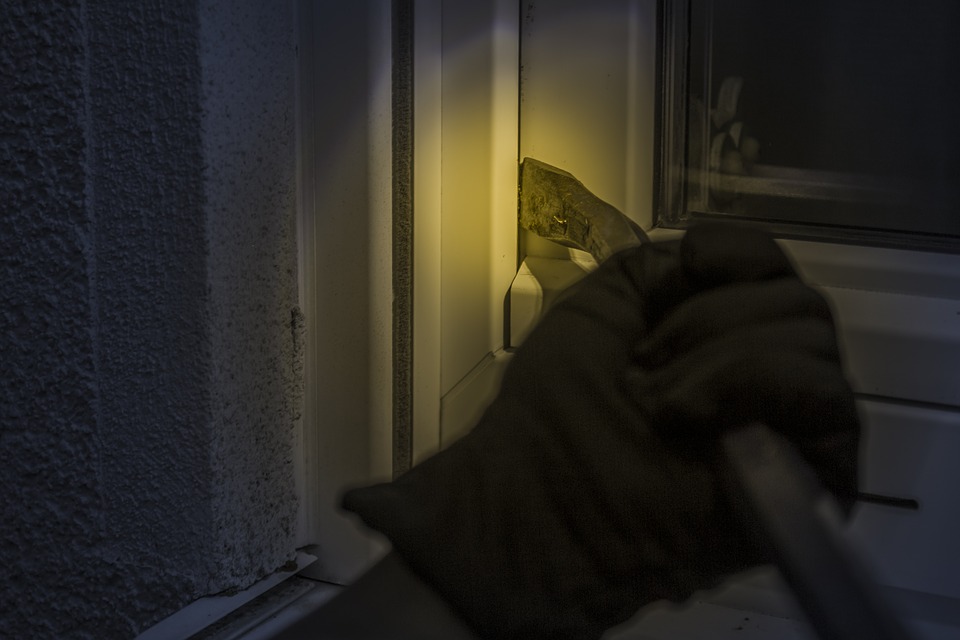
Watch Out for Intruders, Prowlers, and Burglars
As a homeowner, the last thing that you want to happen in your home is for someone to break into your house, and have your property broken or stolen. After all, being burglarized is one of the most life-shattering experiences anyone could have.
A burglar’s favorite point of entry is the front door. Therefore, make sure that the door you buy is solid ‒ it should be either made of steel, solid wood or fiberglass. For extra security, try to reinforce the knob locks by installing another bolt lock and make sure that all locks are resistant to impact.
Often, a burglar may find an unlocked sliding door or window and will let himself in. So, it’s always a good idea to lock all the windows of your home, even on the second floor. An added measure of security is adding window stops that restrain these windows to be opened more than 6 inches. Just see to it that you show everyone at home how to entirely remove these stops in cases of emergency.
Another way to keep perpetrators out is to keep your yard tidy. Having a cluttered yard makes it easier for a thief to enter your home. Be bright with your lights as well, as it discourages most burglars to try to break in. If your budget allows it, it’s worth investing in indoor and outdoor lights with motion detectors and security alarms that immediately go off when a window shattered, or a door is broken. If you think these are a bit costly, fake alarm systems (such as placing signs in your home that you have an alarm system) can also deter crooks from breaking in.
Natural Disasters That May Occur
You’ll never know when a natural disaster will hit your area. The weather can often be unpredictable and can change suddenly, causing severe damage to properties, injuries, and even fatalities.
Therefore, you need to equip yourself to weather out a storm. Pack a sufficient amount of supplies that will be able to sustain each member of the household for days. Have plenty of water for drinking and cleaning, non-perishable goods, a can opener, batteries, flashlights, emergency kit, and a radio. Secure prescription drugs, infant or pet supplies, cash, matches, and other essentials, too.
In Summary
Your home is where you come to for security, shelter, and safety. After all, your mental and physical health depends if the house you’re living is free from hazards and is well-maintained. A poorly maintained home is a risk since it may have health hazards that lead to the risk of injury, and poor quality of health. Therefore, it’s crucial to understand, identify, and eliminate these dangers as much as possible.



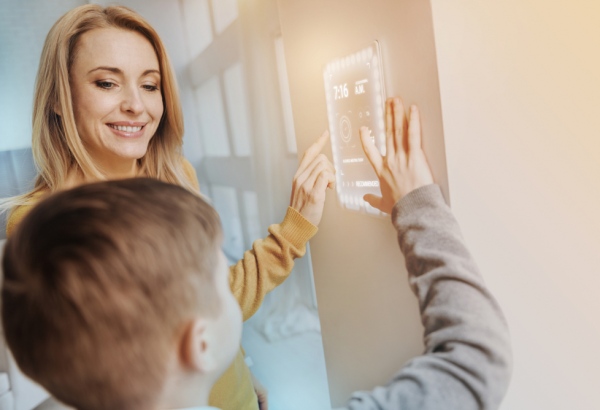


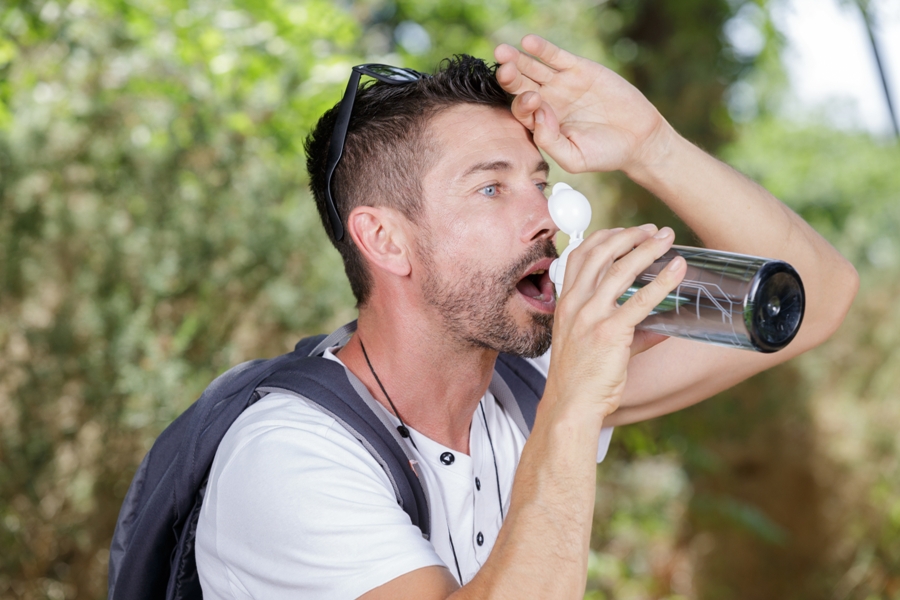
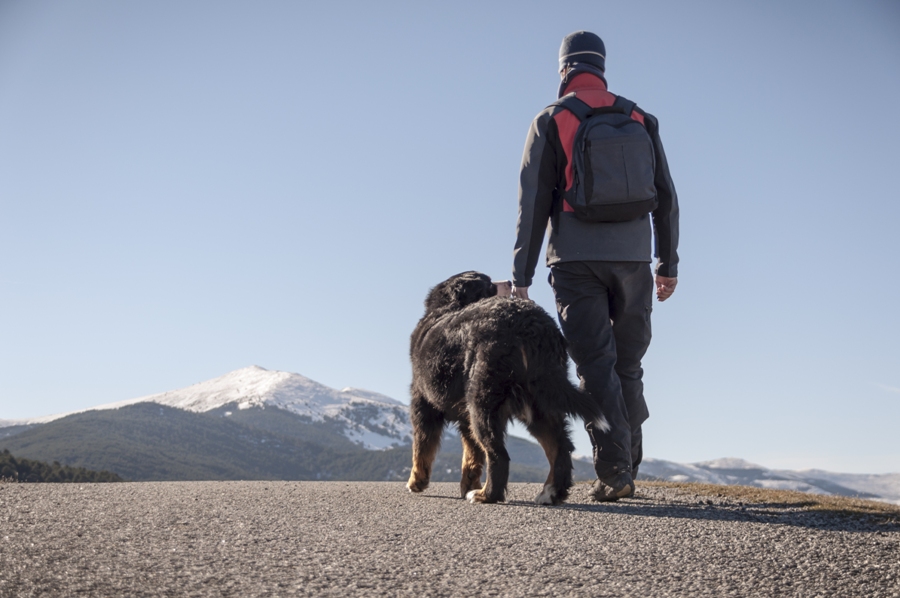




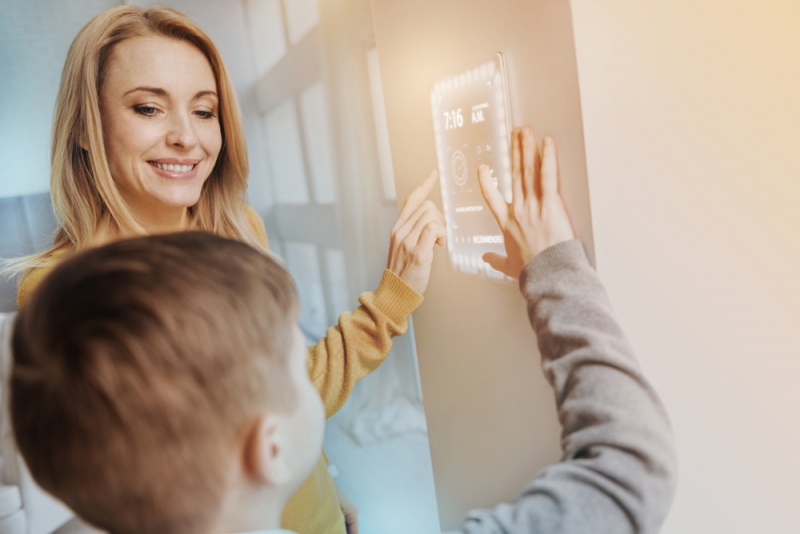


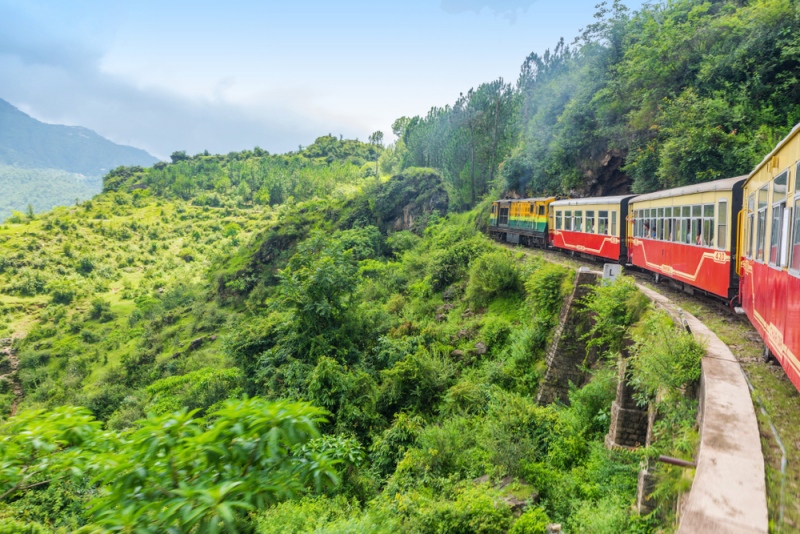


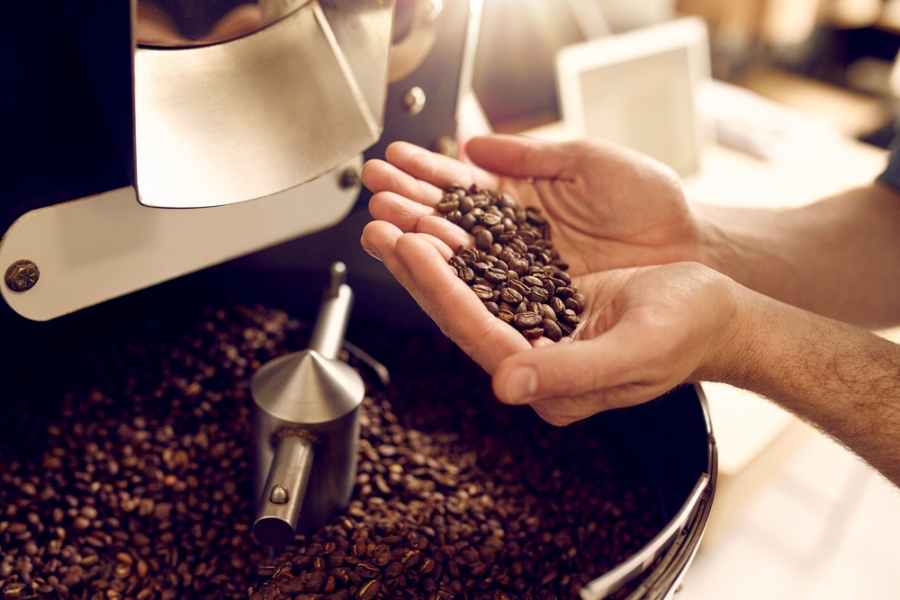
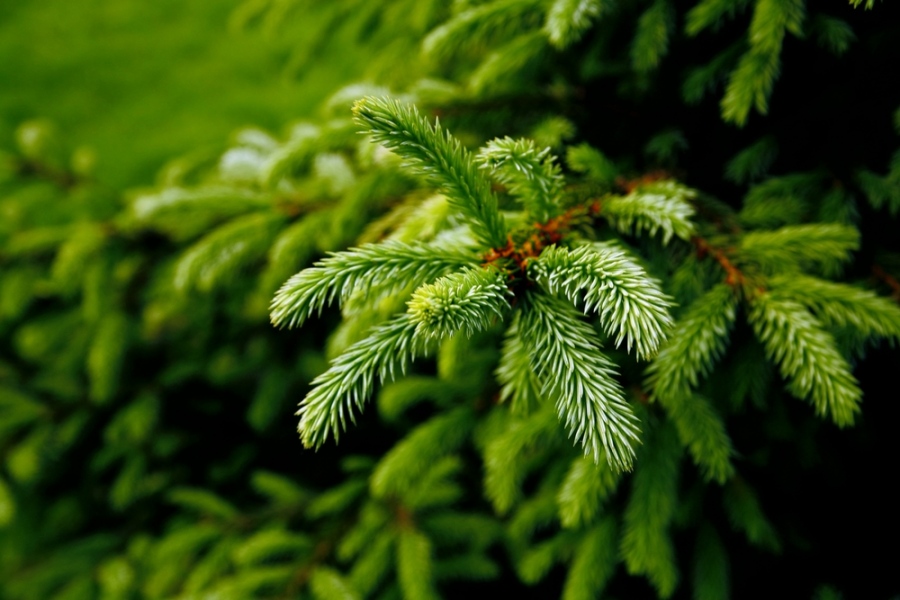
Leaver your comment